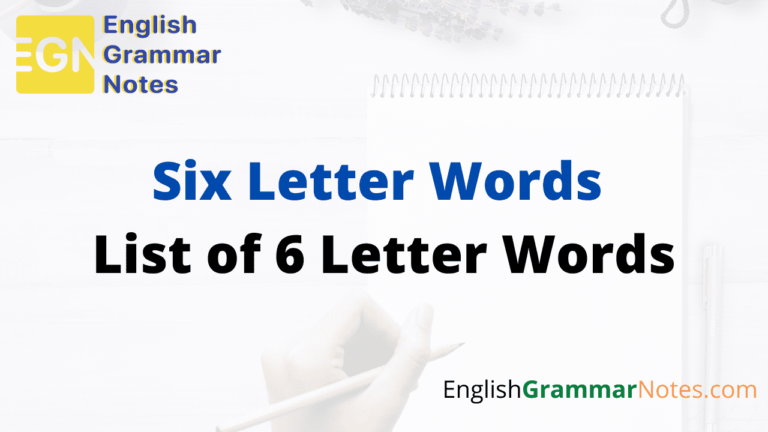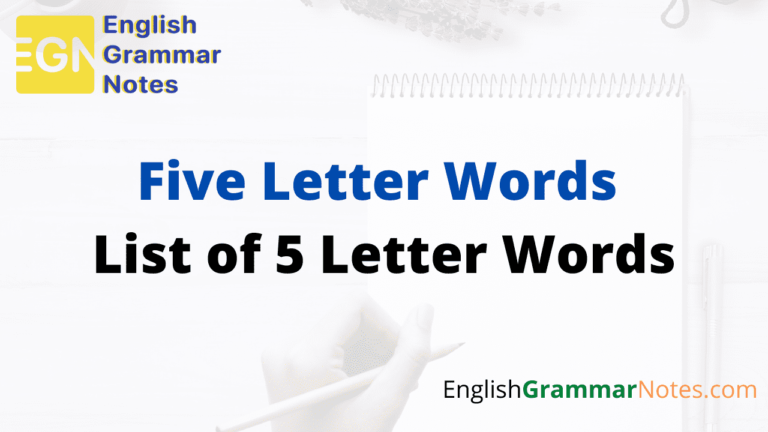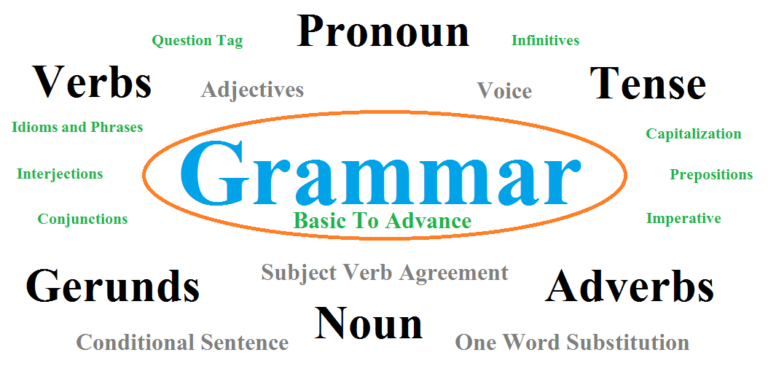Six Letter Words – Common 6 Letter Words List in English
Six-letter words are everywhere, and they will help you to win at popular word games. Six-letter words can help you score big when you know how and when to play them for your advantage. When inspiration is scarce, you just need some assistance to find the best choice. Maybe our word finder is a simple resource that you need to score good points and win with your opponent. In our article, we have shared with you the 6-letter words that you cannot find them anywhere. And these 6 letter words are useful for kids to speak good English and to have a good vocabulary. It may be difficult to learn these 6 letter words for pre-school kids but it will be easy for the kids who already learned the three, four, and five-letter words. Using these word games also children show interest to learn these words. Check out our previous articles on Two letter words, Three Letter Words, Four Letter Words, and Five letter Words on our word by length page. List of Six Letter Words For Kids If your kid learns these 6-letter words it will be very easy for your child to read and write. Here we are …


